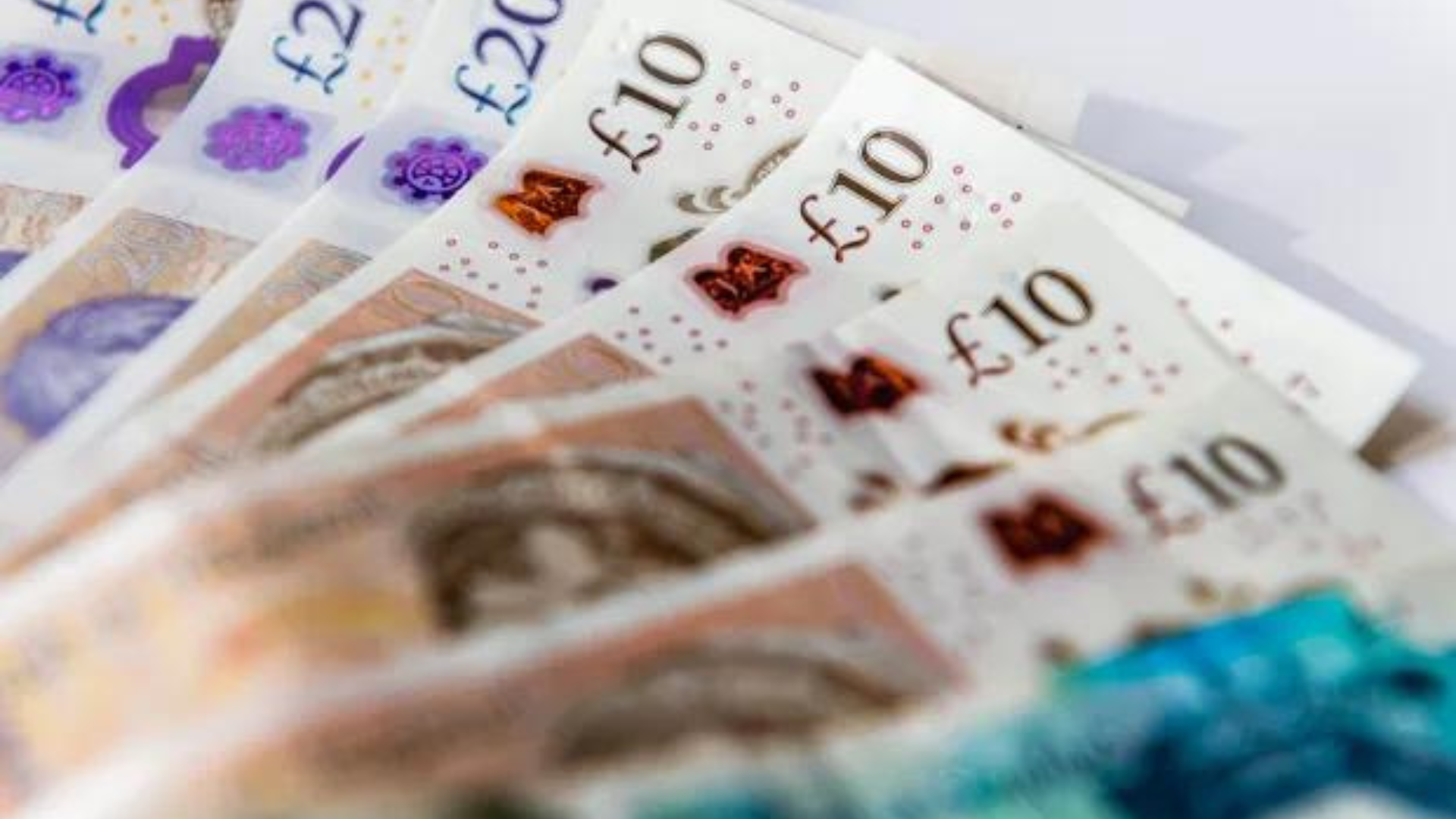11 income tax tips and tricks
Martin Lewis has revealed an income tax calculator from moneysavingexpert.com that Brits can use to see how National Insurance will affect them this year along with 11 tips to make it all smoother.
- Check your tax code – you may be owed £1,000s: free tax code calculator
- Transfer unused allowance to your spouse: marriage tax allowance
- Reduce tax if you wear/wore a uniform: uniform tax rebate
- Up to £2,000/yr free per child to help with childcare costs: tax-free childcare
- Take home over £500/mth? Earn £100+ switching bank: top bank accounts
- Save for pension from pre-tax income: pension need-to-knows
- Earn under £18,500/yr? Pay no savings tax: special savings allowance
- Earn over £18,500/yr? Save tax-free in an ISA: top cash ISAs
- After-tax income impacts mortgage availability: ultimate mortgage calculator
- Ensure you spend less than you earn: free budget planner
- Cut your bills without cutting back: free money makeover
What is tax credit?
Tax Credits are a type of state benefit. There are two different types: Working Tax Credit and Child Tax Credit.
Working Tax Credits are designed for those earning a low income from work.
Child Tax Credits are for those with kids who may or may not be working.
You can claim one or both tax credits.
Both aim to help households on lower incomes to cover everyday essentials.
Council tax rises
Nearly all local authorities in England and Wales will hike the tax by the maximum amount in April.
Of the 136 authorities which have already announced their council tax proposals for the coming year, 128 (94%) are looking to increase bills in April by 4.99%.
This is the largest amount allowed by the government without having to hold a local referendum.
At the same time last year 75% of councils intended to impose the maximum rise, according to the County Councils Network (CCN), which released the figures.
The 5% rise equates to £103.25 extra a year for the typical Band D property, which is currently £2,065.
When will broadband bills rise?
Millions of broadband, mobile and TV customers will be hit by huge bill hikes this month.
This is because telecom providers usually raise the prices of their contracts in the Spring.
Providers usually increase their prices annually based on the rate of inflation plus up to 3.9% more.
December’s CPI figure (4%) or January’s RPI figure (4.9%) are used by many mobile and broadband companies to hike prices.
The increases will come into effect for millions of customers from today.
This means the new rate will kick in from your next bill.
Child Benefit limits raised
The Government is upping the threshold from which parents have to start paying back Child Benefit from £50,000 to £60,000.
Meanwhile, the upper threshold from which parents have to pay back all of their Child Benefit is rising from £60,000 to £80,000.
It means for those where one partner is earning between £50,000 and £60,000, you will be able to receive more Child Benefit.
Meanwhile, those earning £60,000 to £80,000 will now receive some Child Benefit whereas currently they don’t.
Laura added: “The catch is that the benefit is based on both parents’ income – meaning if either of you earns more than the thresholds you’ll lose entitlement to the benefit.
“Families also need to claim the Child Benefit, they won’t automatically receive it.”
Could you get free prescriptions?
If you are 60 or above, you can claim free prescriptions from your local pharmacy.
Prescriptions usually cost £9.65 each in England, so this can amount to some large savings over a year.
This benefit is automatic and there’s no need to apply.
If you’re 60 or over you’re also entitled to a free NHS sight test, so you should let your optician know when you reach 60 if you haven’t already.
Eye tests can usually cost between £20 and £30.
